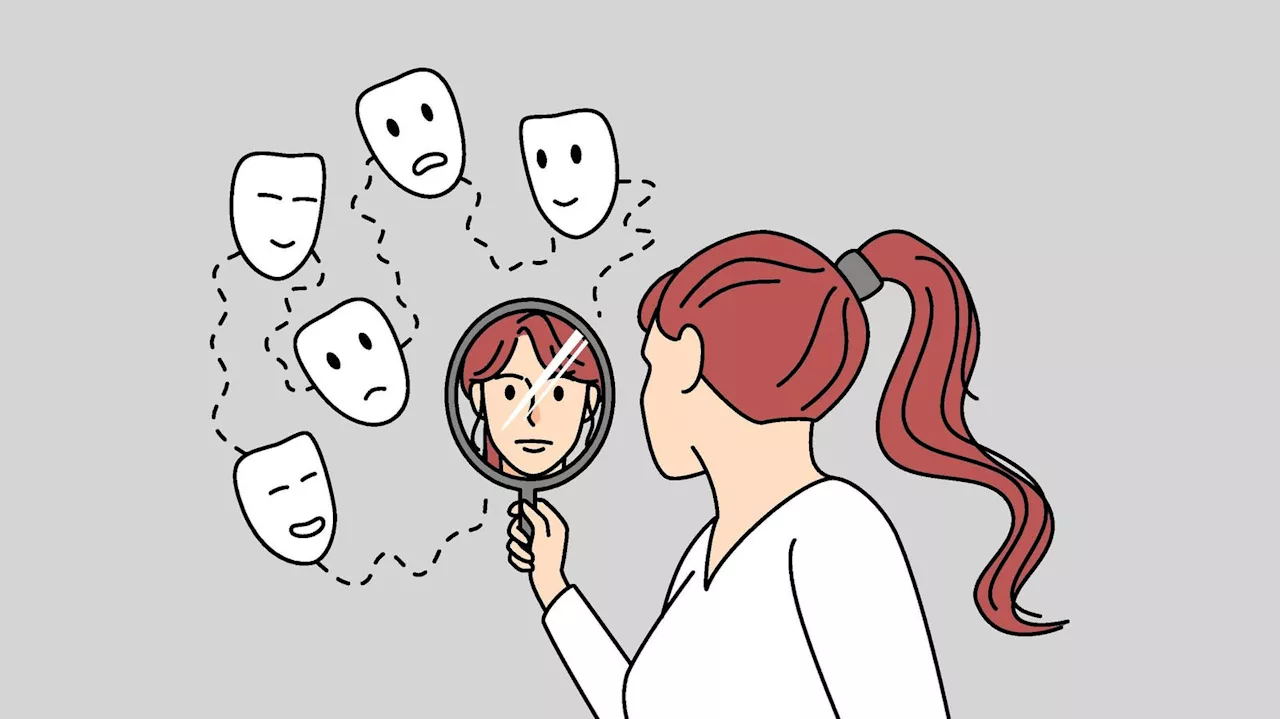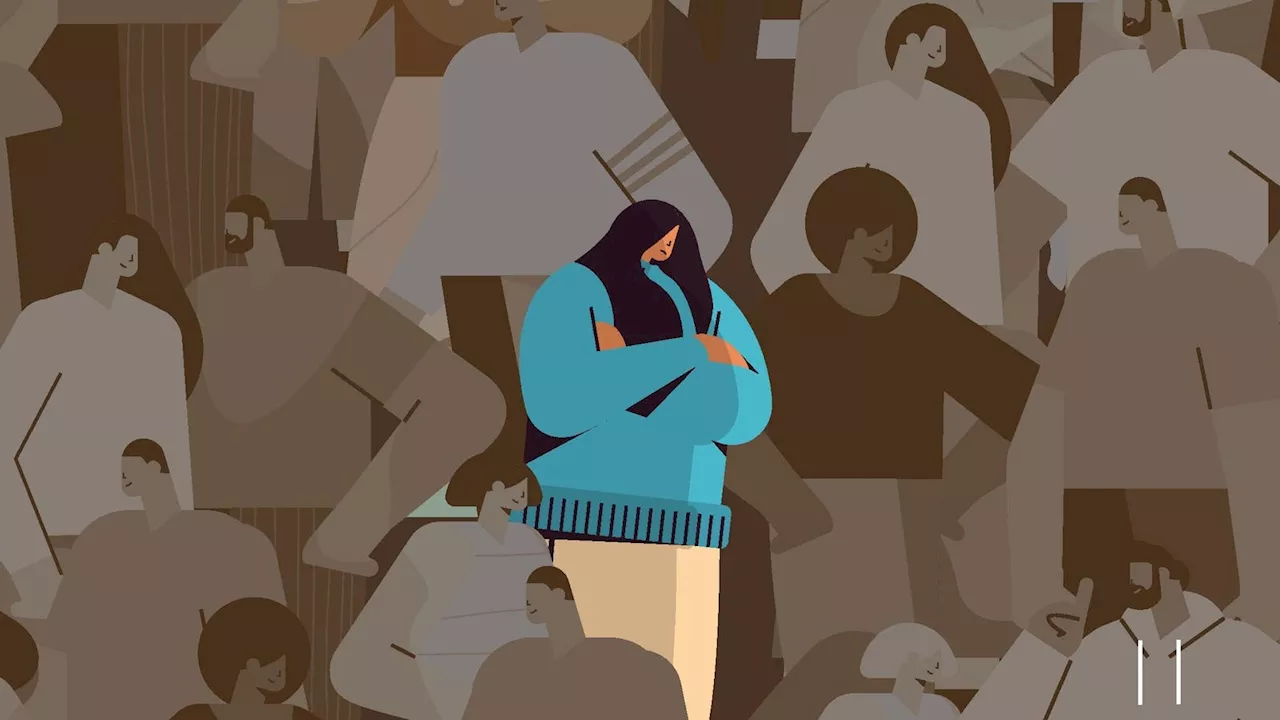When people disagree, there’s a few different ways to restore relationship balance. But, is any one way better than the rest? New research offers some answers.
Conflict is a natural part of any relationship. Whether it’s a minor disagreement about what to watch on TV or a heated debate over personal values, these moments of discord can leave us feeling uneasy.,” this discomfort likely stems from a deep-seated need for consistency and alignment in relationships. People crave harmony in their attitudes and values, and when inconsistency arises, it can disrupt the equilibrium we strive to maintain with those we care about.
For instance, imagine you’re starting a new job and discover that your team has a strong preference for a collaborative work style, while you’ve always preferred working independently. You might find yourself adapting to the group’s approach, not because you’ve abandoned your preference, but because you want to fit in and maintain harmony.However, conforming is less likely if the belief in question is core to your identity.
Interestingly, validation-seeking doesn’t always involve direct confrontation. People might turn to third parties—friends, family or even social media—to affirm their stance. This external validation can ease the discomfort of inconsistency in relationships and provide further confidence to navigate the disagreement.When neither conformity nor validation feels viable, some individuals opt to distance themselves from the source of conflict.
Understanding these strategies helps us recognize how we respond to relationship conflict and why. Each approach has its place and can be adaptive—or possibly damaging—depending on the context.
Conflict Resolution Strategies Mark Travers Conforming Seeking Validation Distancing Oneself From Conflict Blanace Theory Of Relationship Conflict Fritz Heider Inconsistency Compromise
United States Latest News, United States Headlines
Similar News:You can also read news stories similar to this one that we have collected from other news sources.
 A Psychologist Explains The Fine Line Between Charisma And NarcissismMark Travers, Ph.D., is an American psychologist who writes about psycho-educational topics such as happiness, relationships, personality, and life meaning. He holds degrees from Cornell University and the University of Colorado Boulder.
A Psychologist Explains The Fine Line Between Charisma And NarcissismMark Travers, Ph.D., is an American psychologist who writes about psycho-educational topics such as happiness, relationships, personality, and life meaning. He holds degrees from Cornell University and the University of Colorado Boulder.
Read more »
 A Psychologist Explains Love’s ‘Scarcity Principle’Mark Travers, Ph.D., is an American psychologist who writes about psycho-educational topics such as happiness, relationships, personality, and life meaning. He holds degrees from Cornell University and the University of Colorado Boulder.
A Psychologist Explains Love’s ‘Scarcity Principle’Mark Travers, Ph.D., is an American psychologist who writes about psycho-educational topics such as happiness, relationships, personality, and life meaning. He holds degrees from Cornell University and the University of Colorado Boulder.
Read more »
 A Psychologist Explains Why You Feel Lonely Around Loved OnesMark Travers, Ph.D., is an American psychologist who writes about psycho-educational topics such as happiness, relationships, personality, and life meaning. He holds degrees from Cornell University and the University of Colorado Boulder.
A Psychologist Explains Why You Feel Lonely Around Loved OnesMark Travers, Ph.D., is an American psychologist who writes about psycho-educational topics such as happiness, relationships, personality, and life meaning. He holds degrees from Cornell University and the University of Colorado Boulder.
Read more »
 A Psychologist Explains The ‘Peak-End Rule’ Of LoveDoes a happy ending make everything perfect and a bad one make everything terrible? While the peaks and ends are powerful, they can sometimes distort the overall picture.
A Psychologist Explains The ‘Peak-End Rule’ Of LoveDoes a happy ending make everything perfect and a bad one make everything terrible? While the peaks and ends are powerful, they can sometimes distort the overall picture.
Read more »
 A Psychologist Explains ‘Past Life Memories’—And What They MeanAre past life experiences just a figment of our imagination? Here’s what decades of research has revealed about these memories and the people who experience them.
A Psychologist Explains ‘Past Life Memories’—And What They MeanAre past life experiences just a figment of our imagination? Here’s what decades of research has revealed about these memories and the people who experience them.
Read more »
 IFS founder Richard Schwartz on the children — and the parents — in our minds.Psychologist Richard Schwartz, founder of Internal Family Systems, explains the key ideas behind his influential therapy.
IFS founder Richard Schwartz on the children — and the parents — in our minds.Psychologist Richard Schwartz, founder of Internal Family Systems, explains the key ideas behind his influential therapy.
Read more »
